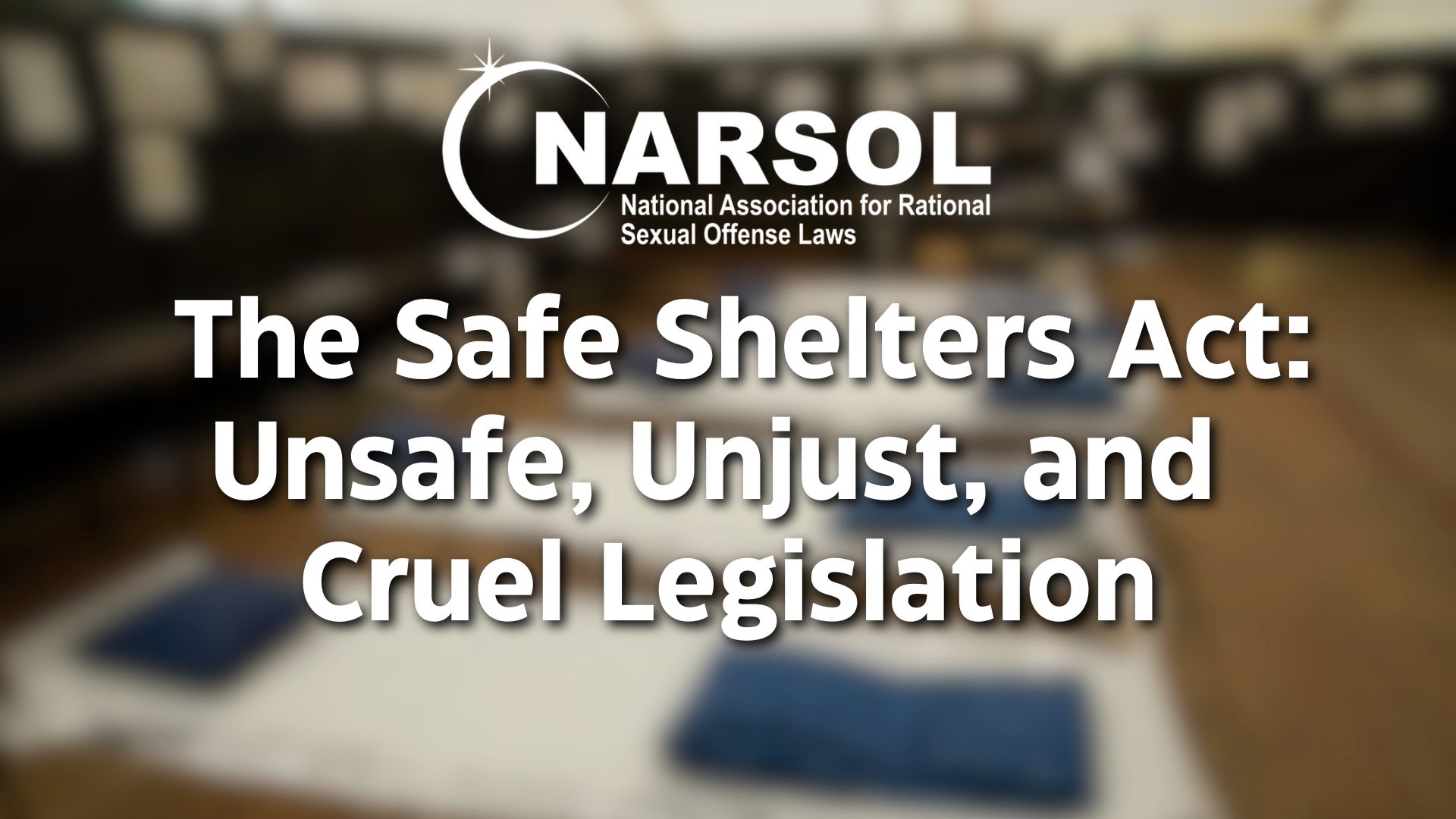Fighting the battles without losing the war
By Will Mingus, PhD . . . “Greater love hath no man than this, that a man lay down his life for his friends.”
As advocates, we are soldiers of a sort. We fight so that others can live a life free of an oppressive and burdensome system of registration and registration laws. While we may not be called on to literally lay down our lives, the call for looking out for the greater good is unmistakable. Those who know their history will know that change will not come quickly and may not come at all in our lifetime. But we are building the foundations of change with every victory we win.
I am continuously frustrated by people who say we should not fight for the abolition of the registry because it is not feasible. They argue that we will look foolish for suggesting that registries be eliminated and therefore we will lose credibility. I have no doubt that activists for every type of civil-rights reformation faced the same criticism. It was this thinking, in fact, that resulted in Jim Crow laws. Segregated schools, “whites-only” drinking fountains, and color-based residency restrictions all happened because of critics who argued, “Give them their own school, but don’t try to get them integrated. Nobody will ever go for that!”
The elimination of public registries must be the ultimate goal. Anything short of this will simply result in a debate about the “who” instead of the “what.” Arguing that the registry is fine for some but not for others is a classic example of throwing some people “under the bus” for the benefit of the few who might find themselves spared. It is like the soldier who walks away from his post in order to preserve his own life, but in doing so, costs everyone else in his platoon their lives.
Here is what many people miss: having the goal of eliminating public registries does not mean that abolition is necessarily the only, or even the primary, message. While the military has as its primary goal the preservation of freedom, it also has many smaller goals that inform each mission. Taking a hill or protecting a town may seem removed from the goal of freedom, but from a higher perspective, they are intricately connected. The important thing is that the smaller goals must not contradict the larger goal. We can’t protect a town by enslaving its inhabitants, and we can’t take a hill by offering up hostages in exchange.
Likewise, we can fight for small changes that have an immediate benefit to people’s lives, but only if doing so does not undermine the ultimate mission. We can support a “path off” the registry, as long as we don’t concede that registries are effective. We can fight for a grandfather clause to residency restrictions as long as we never say that residency restrictions are acceptable. We can fight to keep juveniles off the registry as long as we never say that it is okay for adults to be on registries.
This sort of messaging is tricky and requires coordinated effort and planning. It requires people to come together and ask the question: How can we support this or that change without conceding the efficacy of public registries? It also requires pushing back against carve-outs, hierarchies, and people who say the registry is fine for some people but not for them. In the end, it means viewing every decision through the lens of the ultimate goal of abolishing public registries.
Metaphorically speaking, it means that we, as advocates, be prepared to lay down our lives for our friends. If it brings us a step closer to eliminating public registries, even if it doesn’t benefit us personally, then we must buck up, be brave, and, like a heroic soldier, march on toward the larger goal.
This is how we win not just the battle, but also win the war.


